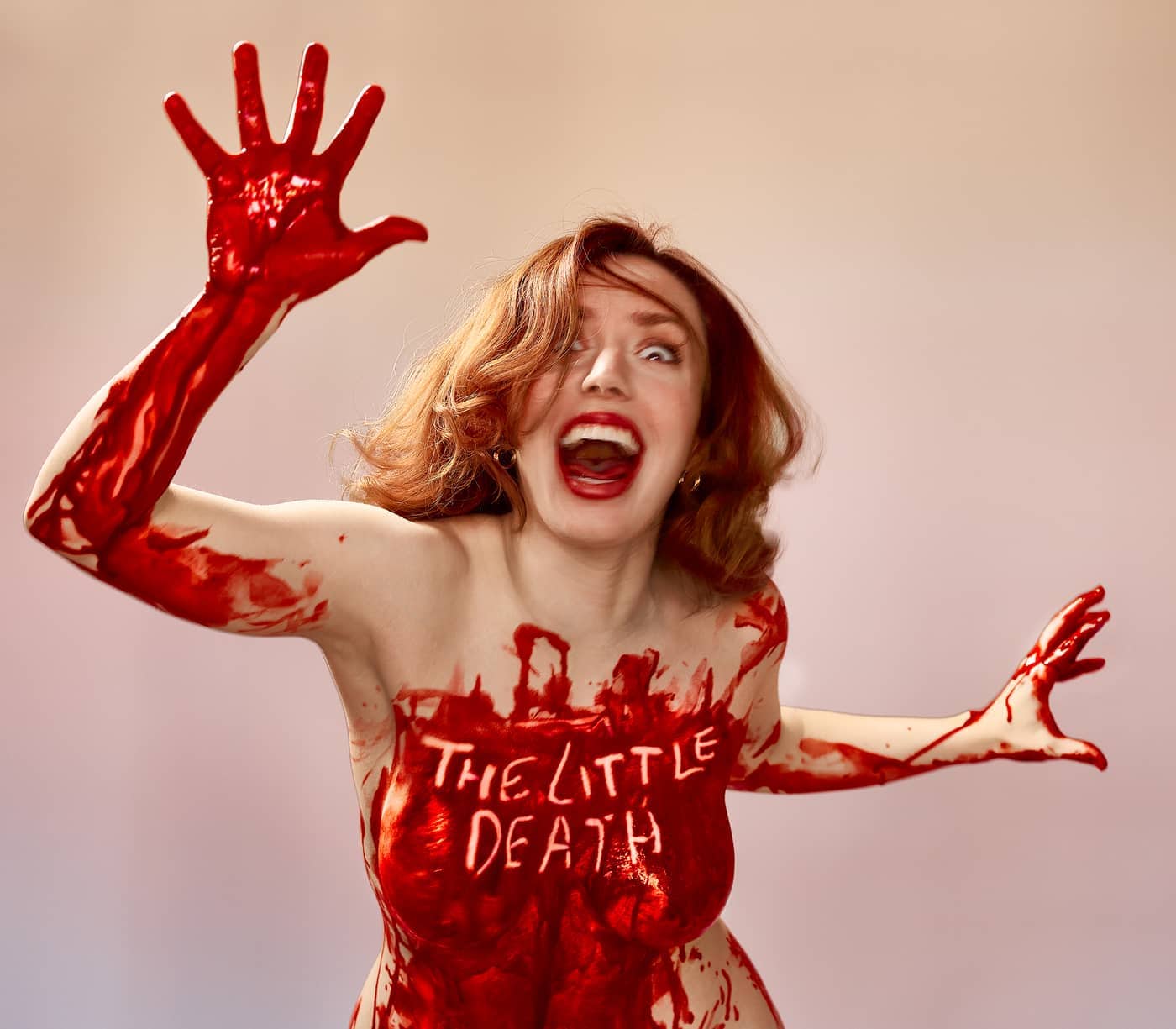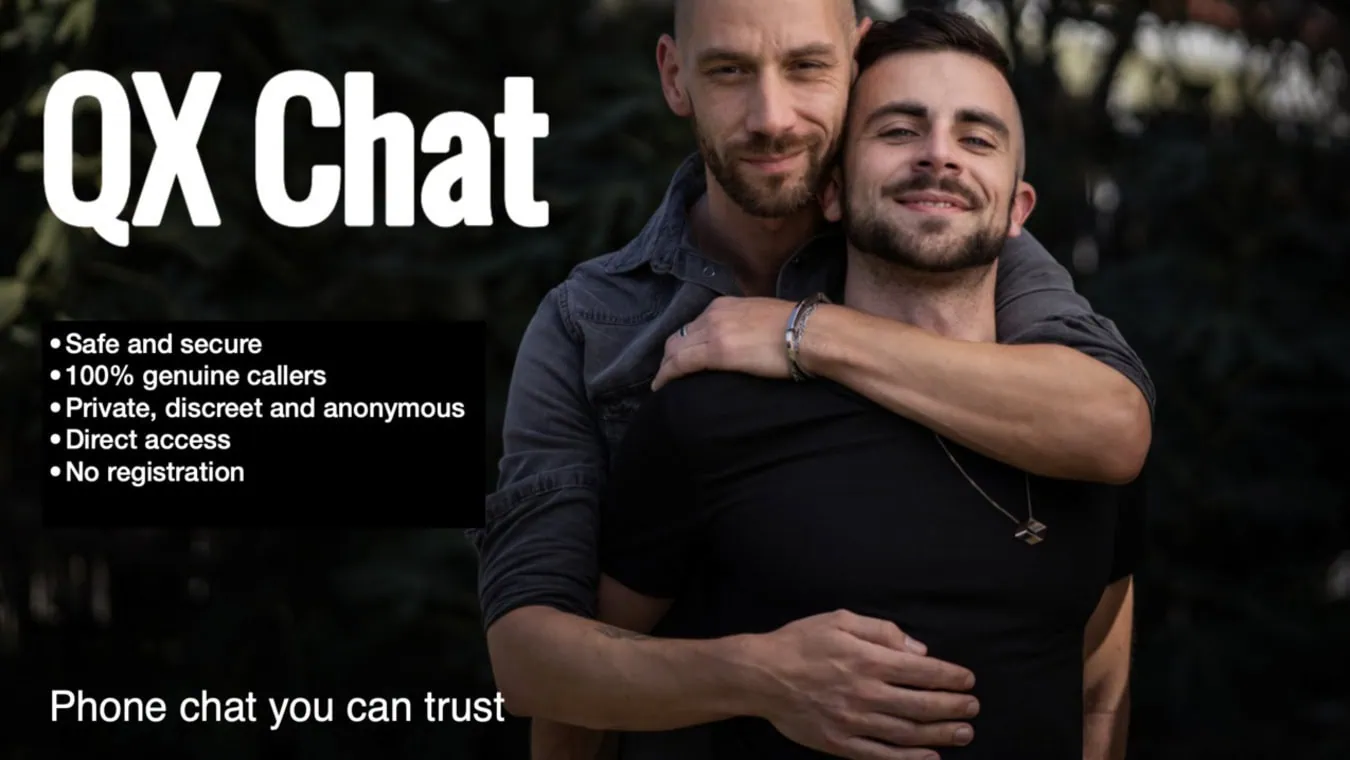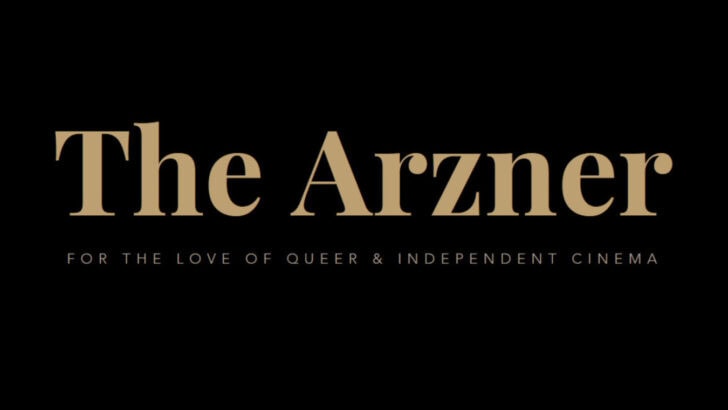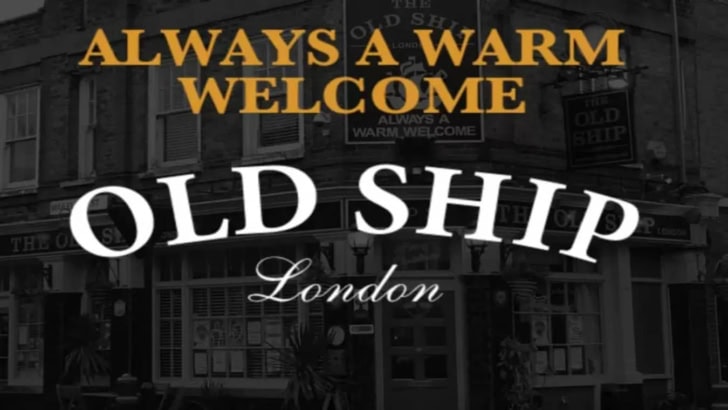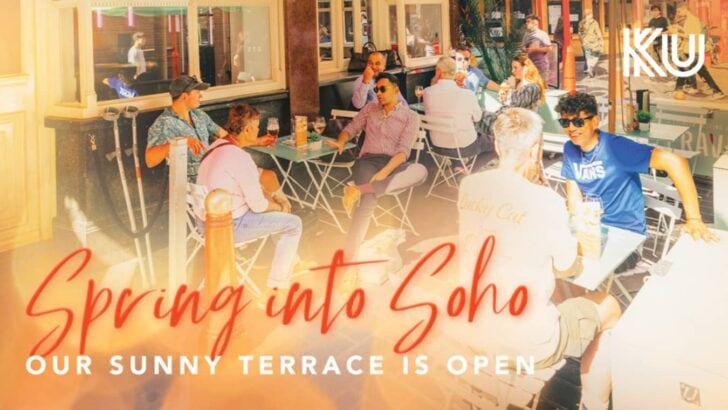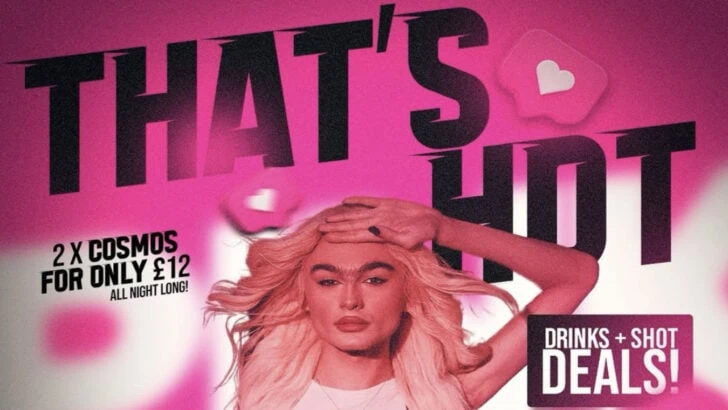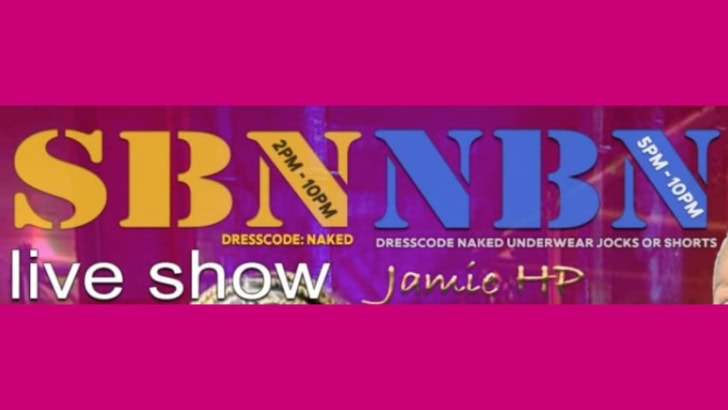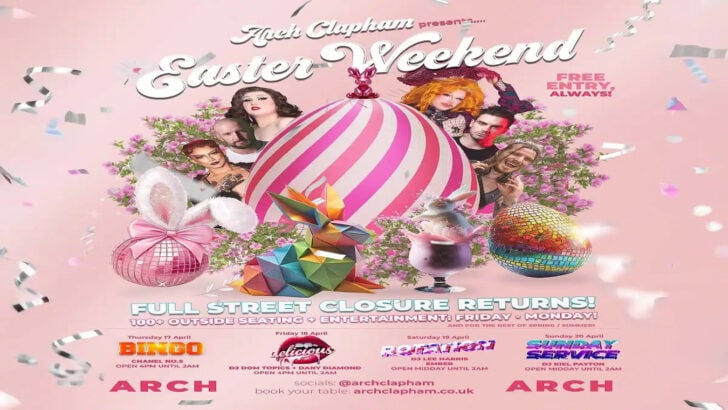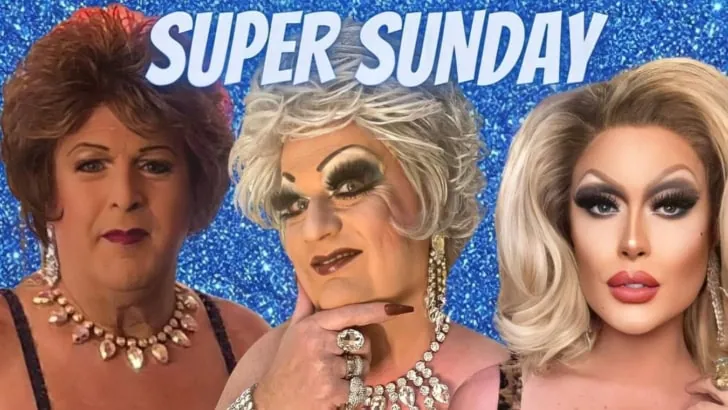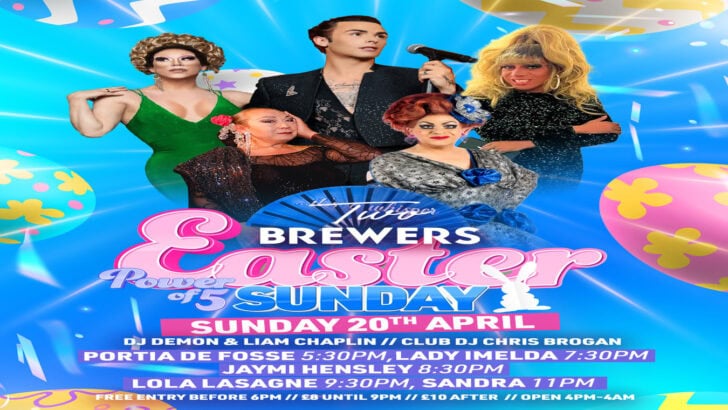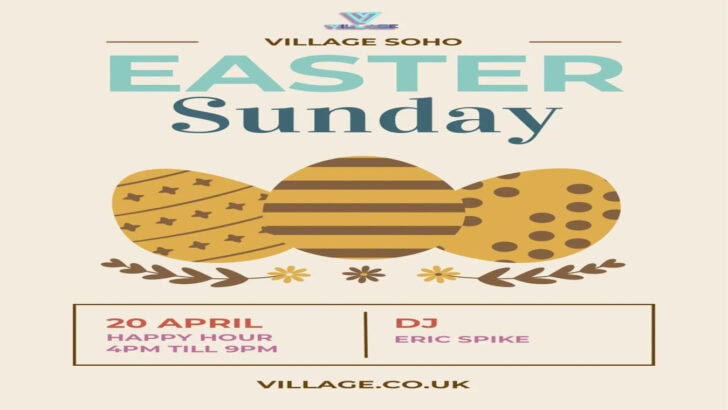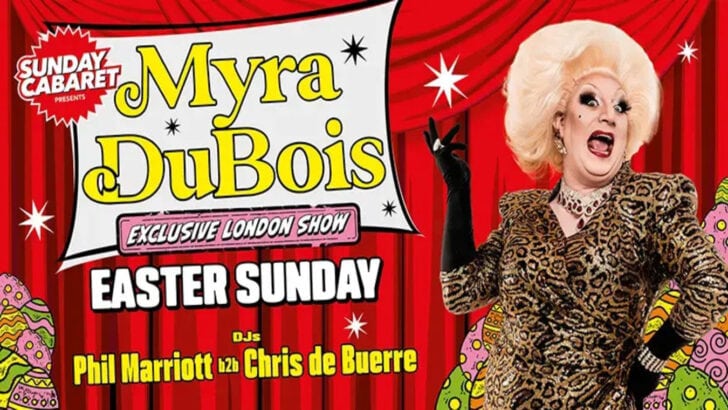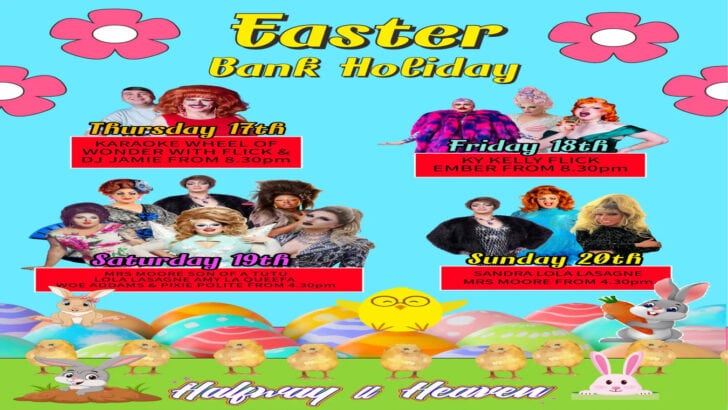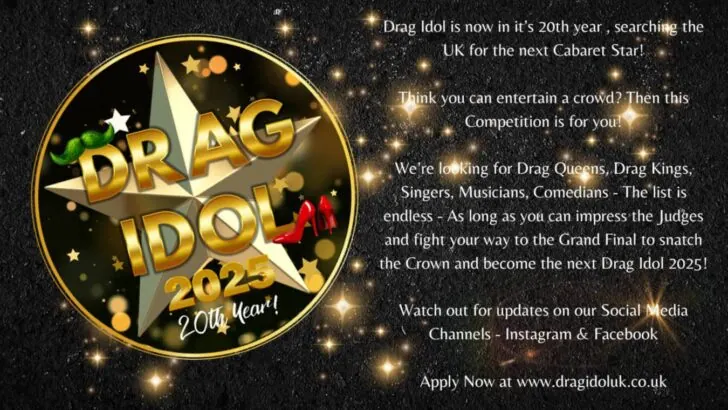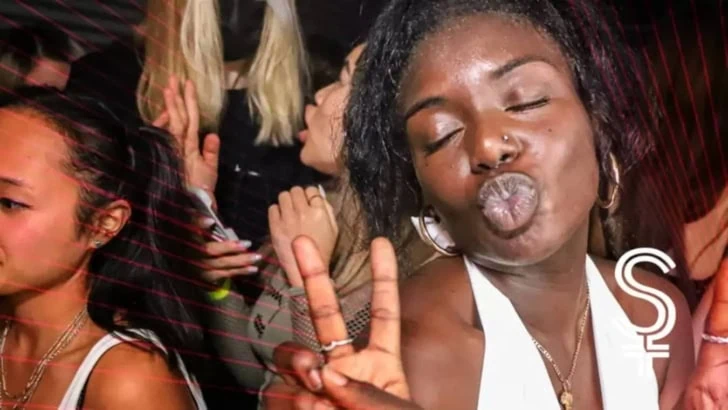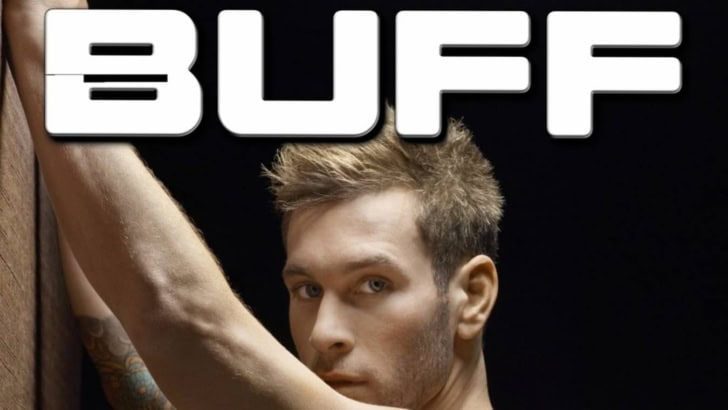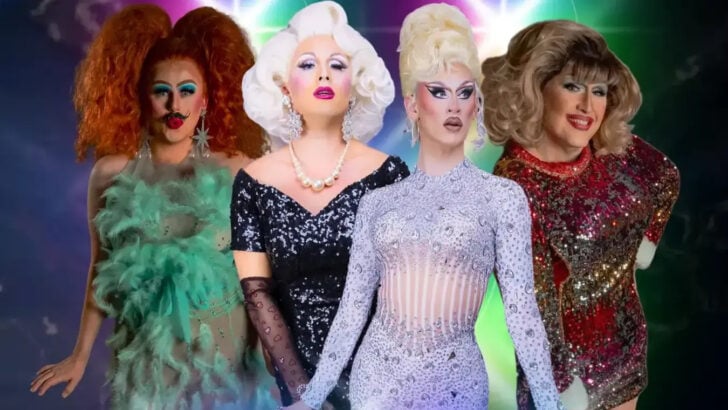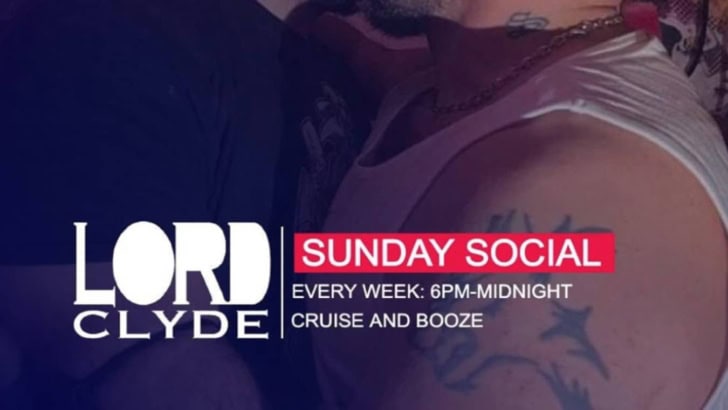Mina is bisexual, having been brought up in Turkey, but she struggles with identifying as Queer. She unravels her thoughts, as she tries to work through the conflicts, ahead of her show The Little Death at Central Saint Martins – University of Arts London on Friday, March 3rd, at 7:30 pm.
This is the authentic voice of Mina:
Queer is a term I struggle to identify with. It’s not because I am ashamed of it or associate other negative emotions towards the term. I am quite comfortable and, for the most part, confident in who I am. But being raised in Istanbul, Turkey, although I have modern parents, I am aware I have a certain idea of what people “should” look like. Now, interestingly enough, I’m not concerned with the appearance of others, but I feel the need to fit this mould of what a woman “should” look like myself. So it is an expectation I only apply to myself. As someone who uses she/her pronouns and presents as very feminine, I fit the general stereotype of cis femininity. In my head, there is a certain look I have associated with queerness, and my physical appearance does not match it. It’s not to say I am not queer. But because of my heteronormative appearance, I have not been through the same struggles as most queer people. For this reason, I almost feel like I am not allowed to use the term. A similar way to describe what I mean is how I struggle with calling myself Middle Eastern even though I was born and raised in Turkey. My fair skin, dyed ginger hair and American accent shield me from being treated poorly. However, this all comes without saying; I might be facing similar internal struggles and lots of conflicts.
I came out as bisexual at the age of 14, and other than my grandma, most of the reactions I received were the same. Either some of my friends pulled away, or people just ignored it, and I came out over and over again every couple of years, only for the same people to act surprised. I love my family, and they are supportive of my endeavours, but it was made clear to me that they thought this was who I am because I am artsy and that I am not welcome to bring a girl home. I enjoy the company of women sexually but never have dated one. It makes me wonder if I, deep down, completely dismissed the idea of being able to date a woman so I would not face turmoil with my parents. As I have grown up, I have also realised most of my kinks have stemmed from shame-based areas. Coming from a culture and family that is very hyper-fixated on weight, I have an extreme attraction to BBWs (Big Beautiful Women). In fact, that is the only thing that can help me achieve an orgasm. However, for years I was ashamed of saying this, worrying about what people might think of my attraction to bigger women. Since the media and society in this century do not, for the most part, consider them “conventionally attractive”. I feel embarrassed when any part of my body doesn’t fit the societal norm of what is “considered attractive”; it makes me feel like I’m doing something wrong. When I’m not supposed to do or like something, it makes me want it more. It’s almost like a secret defiance that makes it more attractive.
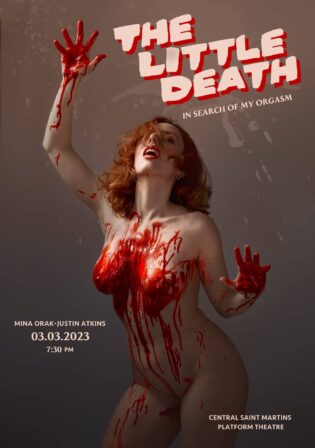
Now I worry as I am putting these thoughts and feelings into words that I will come across as “problematic”. But the reality is I am just trying to unlearn certain ideologies that have been taught to me growing up. It takes a lot of work to admit that one’s way of thinking is not well-wired. I am not proud to think this way, and I am actively trying to improve it. I am well aware it has caused me to upset many people in the past, especially queer women, as I have mostly used them like a physical prop and never put in the same effort when dating them as I have with men. This also comes with saying that I find myself attracted to feminine women. But because I was raised with traditional gender roles, I’m still not comfortable with the idea of dating a feminine woman as I myself am also feminine. Just like for years, I struggled with dating bisexual men because I was made to believe they are less manly. Now I think to myself, ‘What a backwards approach that was to viewing someone. What a small thing to boil them down to. It is hard to express these opinions because I expect I will most likely be judged for them. On the other hand, I do think it is also important to say that this is a journey of self-education and that it takes a lot of patience and painful self-discovery along the way – even if I don’t like myself at times. As long as these self-explorations come from a place of genuine kindness, all I can do is keep pushing myself. So yes, maybe I struggle to call myself queer because I do not feel it is fair of me to identify with this term until I have worked through certain issues.
“The Little Death” is an upcoming production which I have co-directed that delves into the intimate topics mentioned above and of my struggle to achieve orgasm with a partner. The show is inspired by a question I was asked last summer: “How do you feel after sex?” to which I responded, “Like I am going to die alone.” The show aims to explore themes of vulnerability, shame, and self-reflection in a humorous and relatable way. The show is a collaboration of an all queer cast and is sure to be an intimate and thought-provoking experience for all attendees as it includes many queer themes and draws inspiration from camp aesthetics.
However, it’s important to note that the show deals with sensitive topics and may not be suitable for everyone. Viewer discretion is advised. My co-director and I have also made a clear commitment to portraying the struggles of women without objectifying or fetishising them.
Directed by Mina and Justin Atkins.
Buy tickets to The Little Death
The Little Death is presented at Central Saint Martins – University of Arts London and will take place on Friday, March 3rd, at 7:30 pm at Platform Theatre, Kings Cross, N1C 4AY. Looking forward to seeing you!
BISEXUAL DATING – Lewis Oakley on the struggles of dating as a bisexual guy
